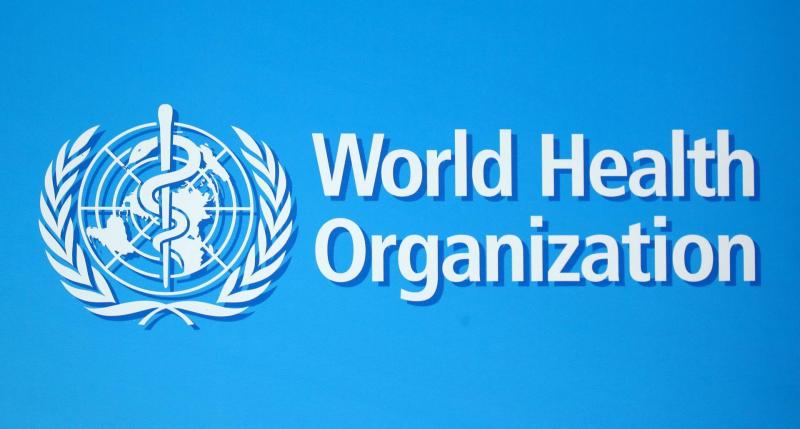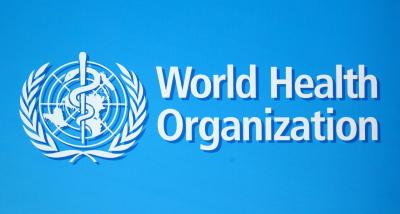The Director-General of the World Health Organization (WHO) has called for negotiations this year regarding an international agreement to enhance preparedness for future pandemics as part of comprehensive reforms adopted by member states of the organization. Tedros Adhanom Ghebreyesus, the organization's director-general, stated at the annual ministerial meeting that the UN agency has faced a "major challenge" to maintain its COVID-19 response efforts at the current level, requiring sustainable and flexible funding.
Earlier on Monday, the last day of the organization's meetings, health ministers of member countries agreed to consider recommendations for implementing ambitious reforms prepared by independent experts to bolster the capabilities of both the organization and countries to contain new disease threats. Health ministers from the organization's 194 member states will meet from November 29 to decide on commencing negotiations for an international treaty aimed at enhancing responses to future pandemics.
Tedros stated, "The only recommendation that I believe will be responsible for strengthening the organization and global health security is the recommendation for a treaty on pandemic preparedness and response." The path to such a treaty may be long. The WHO Framework Convention on Tobacco Control, the first global public health treaty, was finalized in 2003 after four years of discussions. Under a decision presented by the European Union and adopted unanimously, member states will lead the reforms in a process that will take a year.
Scott Morrison, the Prime Minister of Australia, emphasized at the meeting, "It is essential that we enhance the role of global oversight and empower the WHO with the authority and capacity to carry out this important work for all people in the world." The novel coronavirus has affected over 170 million people and resulted in nearly 3.7 million deaths, according to a tally by Reuters of official national figures.
Mike Ryan, the organization's emergency director, welcomed the decisions, stating in his speech at the annual ministerial meeting, "Pathogens currently have the upper hand, manifesting increasingly and often silently in an unbalanced world." The general session officially adopted the decisions on Monday, the final day of the week-long ministerial meeting. Experts who identified significant failures in the global response to the coronavirus in early 2020 have asserted that the WHO should be given the capability to rapidly send investigators to track new disease outbreaks and publish their full findings without delay.




